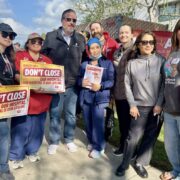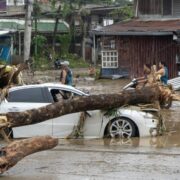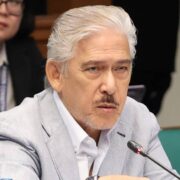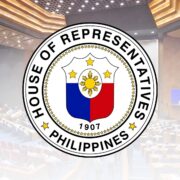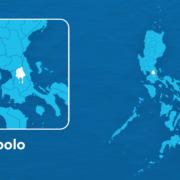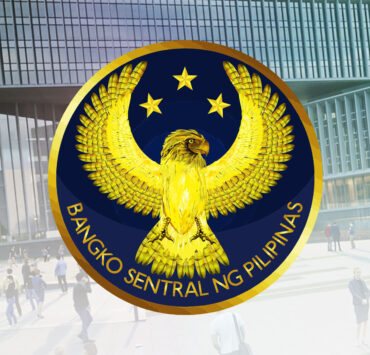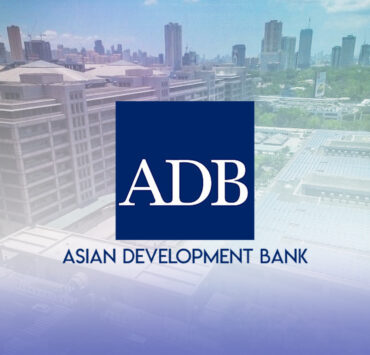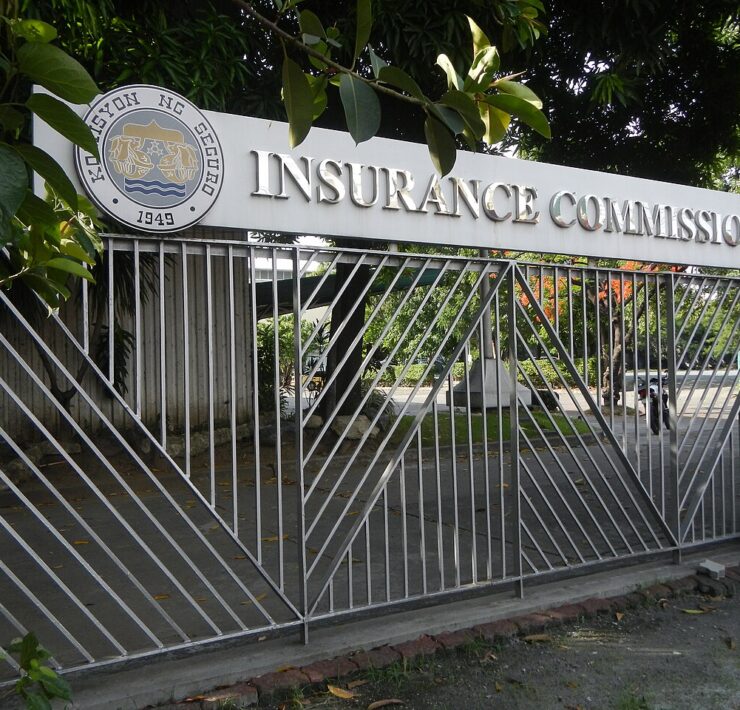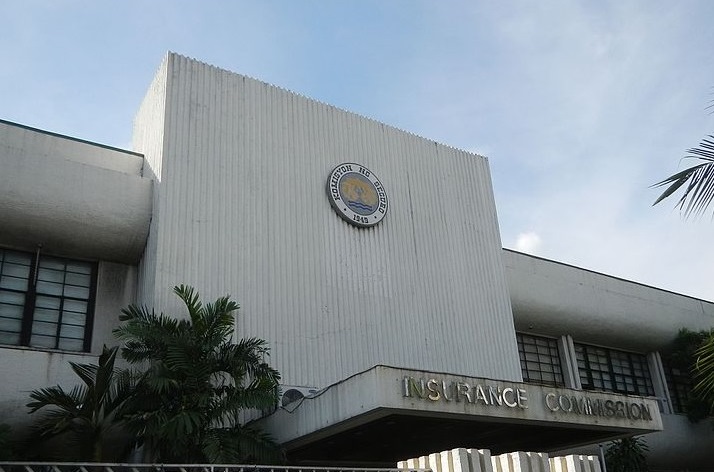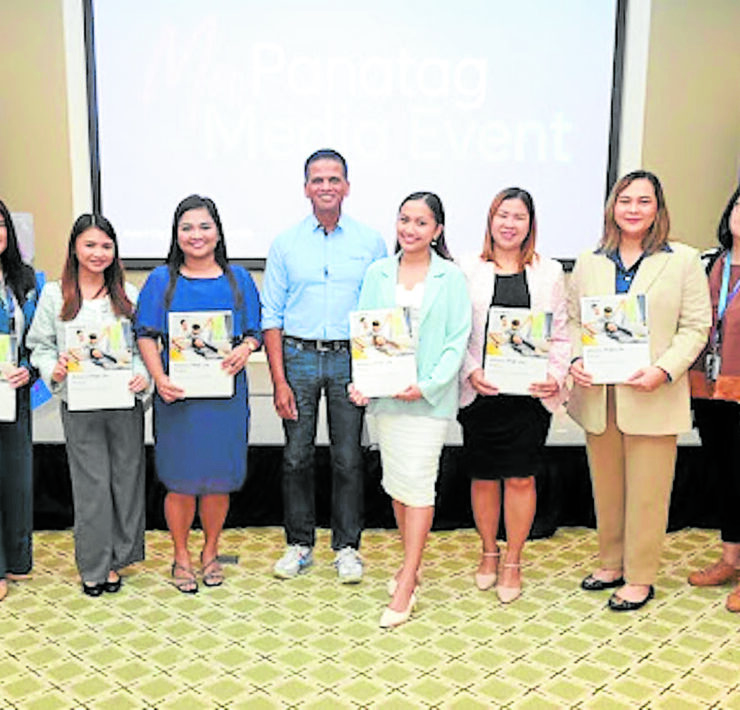More Filipinos feel financially secure—study

More Filipinos say they feel financially secure and better equipped to manage their monthly budgets, according to a new survey, even as concerns about achieving longer-term ambitions, like buying a home or retiring, have grown.
In its latest Financial Resilience Index released on Friday, Canadian insurer Sun Life found that 66 percent of Filipinos described themselves as financially secure between April and May, up from 45 percent in the previous poll. The survey had 1,000 Filipino respondents.
Confidence in managing monthly finances climbed to 69 percent from 57 percent.
The findings point to a pivot toward immediate stability. Sixty-one percent of respondents said they were prioritizing day-to-day budgeting, and 45 percent were building emergency funds. This, as nearly all said inflation had impacted their ability to cover expenses, with the steepest cost increases in food, energy, health care and transportation.
How Filipinos learn to manage money is also shifting. While banks and family remain their most trusted sources of financial advice, social media and AI tools are gaining traction—particularly among younger and urban consumers. Trust in banks remains high, though it has edged down, and the cost of professional guidance continues to be a barrier.
“Improvements in perceived financial security could reflect slight economic stabilization or personal adaptation to uncertainty,” the report said.
Yet the gains appear concentrated in the short term. Only 64 percent of respondents felt capable of meeting future goals, down from 72 percent previously. Young adults, ages 18 to 26, were the least likely to meet short-term obligations or prepare for emergencies, underscoring Sun Life’s finding that resilience often increases with age.
One in three respondents said they could not sustain themselves for more than three months without outside help if they lost their income or became ill. Economic strain, the report said, is forcing many to delay major aspirations in favor of day-to-day survival, though financial priorities tend to shift toward long-term security over the next three to five years.
Investments
The survey also found that two-thirds of respondents save or invest at least 10 percent of their income, and 78 percent review their investments monthly or more often. Most rate their financial literacy as “fair” or better, and the study noted higher literacy among older and urban residents, though gaps persist in rural areas.
“These findings highlight both the resilience and the vulnerability of Filipino households,” said Benedict Sison, chief executive of Sun Life Philippines.
“We are encouraged by the growing financial confidence and commitment to saving, but it’s clear that more support is needed to help families plan for the long term,” he added.




